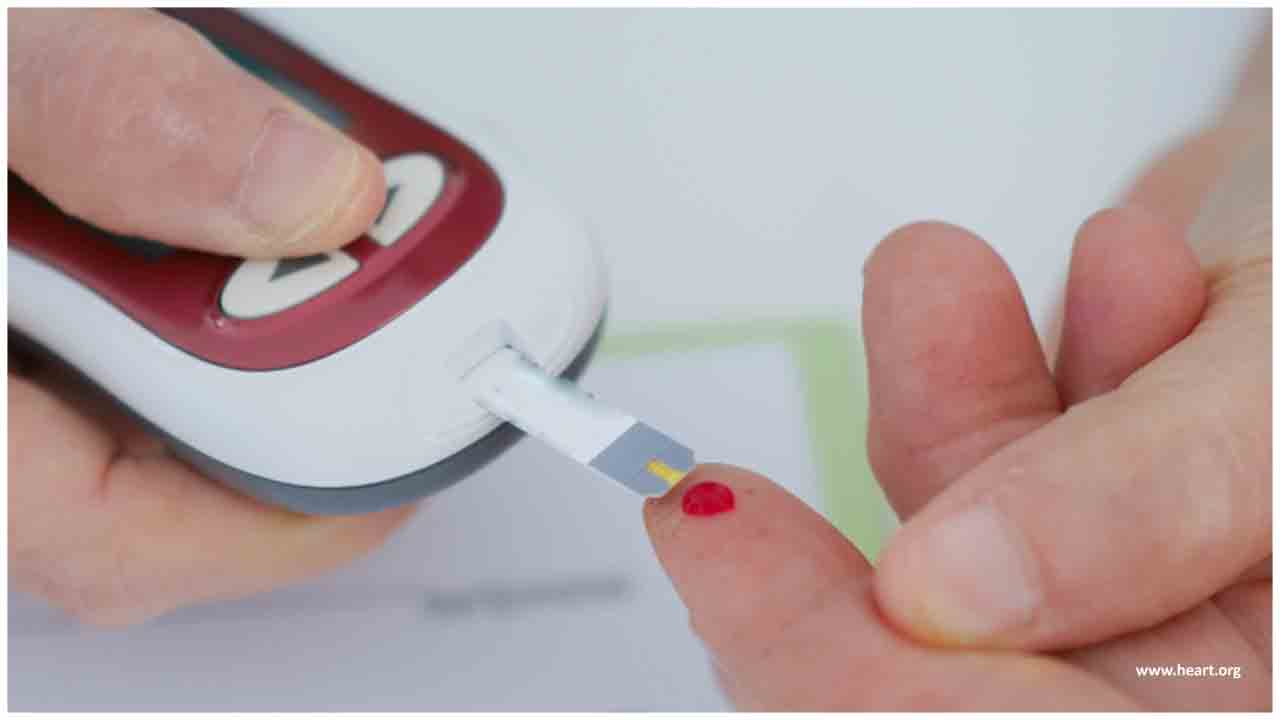Cases of type 1 diabetes among children in a small UK study almost doubled during the peak of Britain's COVID-19 epidemic, suggesting a possible link between the two diseases that needs more investigation, scientists said on Tuesday.
While the study is based on only a handful of cases, it is the first to link COVID-19 and new-onset type 1 diabetes in children, and doctors should be on the look-out, the Imperial College London researchers said.
"Our analysis shows that during the peak of the pandemic the number of new cases of type 1 diabetes in children was unusually high in two of the hospitals (we studied) compared to previous years," said Karen Logan, who co-led the study.
"When we investigated further, some of these children had active coronavirus or had previously been exposed to the virus."
Logan said previous reports from China and Italy had noted that children were being diagnosed in hospitals with new-onset type 1 diabetes during the pandemic.
This study, published in the Diabetes Care journal, analysed data from 30 children in London hospitals diagnosed with new-onset type 1 diabetes during the first peak of the pandemic - around double the cases seen in this period in previous years.
Twenty-one of the children were tested for COVID-19 or had antibody tests to see whether they had been exposed to the virus - and five tested positive for novel coronavirus infection.
Type 1 diabetes causes insulin-producing cells in the pancreas to be destroyed, preventing the body from producing enough insulin to regulate blood sugar levels. The Imperial team said one possible explanation might be that the novel coronavirus' spike protein might attack insulin-making cells in the pancreas.
"More research is needed to establish whether there is a definitive link, ... but in the meantime we hope clinicians will be mindful of this," Logan said.
Till now older people and people with pre-existing medical conditions (such as diabetes, heart disease and asthma) appear to be more vulnerable to becoming severely ill with the COVID-19 virus. When people with diabetes develop a viral infection, it can be harder to treat due to fluctuations in blood glucose levels and, possibly, the presence of diabetes complications.
There appear to be two reasons for this. Firstly, the immune system is compromised, making it harder to fight the virus and likely leading to a longer recovery period. Secondly, the virus may thrive in an environment of elevated blood glucose.
Like any other respiratory disease, COVID-19 is spread through air-droplets that are dispersed when an infected person talks, sneezes or coughs. The virus can survive from a few hours up to a few days depending on the environmental conditions. It can be spread through close contact with an infected person or by contact with air droplets in the environment (on a surface for example) and then touching the mouth or nose (hence the common advice circulating on hand hygiene and social distancing).

 Cases of type 1 diabetes among children in a small UK study almost doubled during the peak of Britain's COVID-19 epidemic
Cases of type 1 diabetes among children in a small UK study almost doubled during the peak of Britain's COVID-19 epidemic











.jpeg)

.jpeg)










.jpg)




.jpg)

